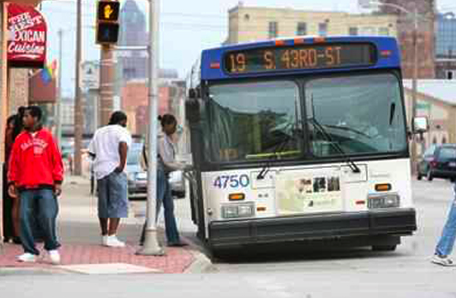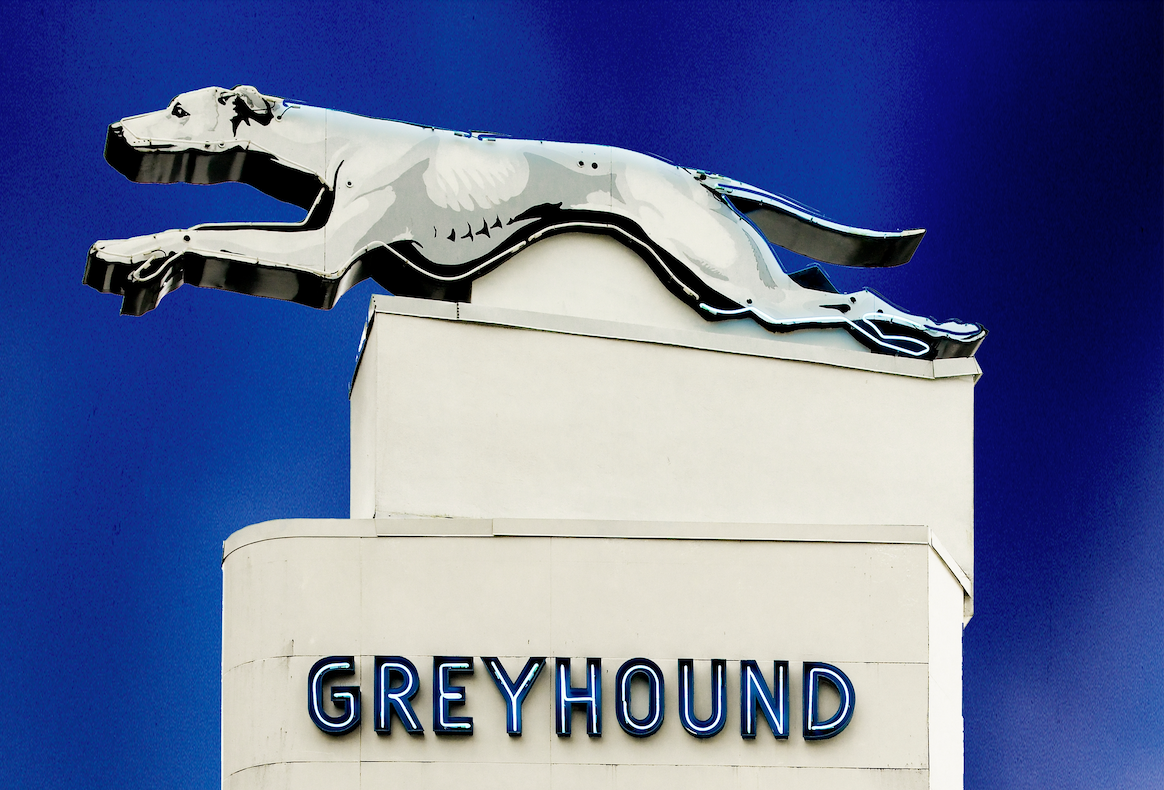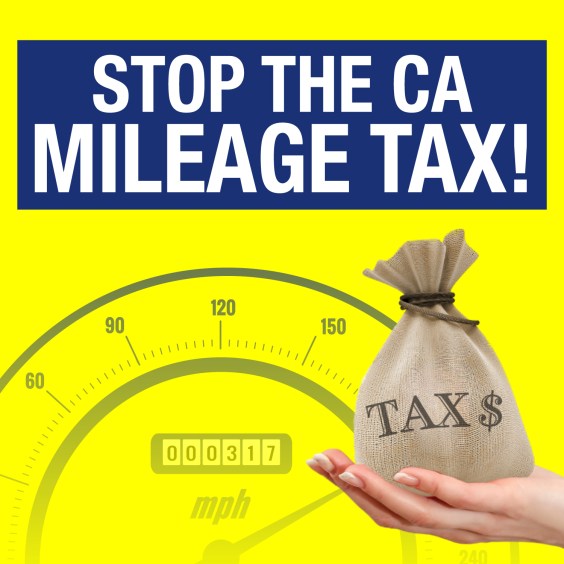In a Wisconsin lawsuit that's been closely watched by transportation reformers around the country, local advocates have extracted some resources for transit from a notoriously highway-obsessed state DOT.

Settling in federal court with Milwaukee civil rights groups, the Wisconsin Department of Transportation agreed to provide $13.5 million in transit funding as part of the enormous "Zoo Interchange" project.
The Black Health Coalition of Wisconsin and the Milwaukee Inner-city Congregations Allied for Hope had argued that the $1.7 billion Zoo Interchange discriminates against people of color in the region, who disproportionately depend on transit.
A federal judge issued an interim ruling in favor of the plaintiffs last year, but allowed planning for the project to proceed. The negotiated settlement will provide $11.5 million over four years to expand bus service in the project area. It will also provide $2 million over four years to improve transit access more generally, through items like real-time arrival data.
"This is good news for a community that has the sad distinction of having a black male unemployment rate higher than 50 percent and the black/white employment gap being number one in the country," said Patricia McManus of the Black Health Coalition of Wisconsin in a press release. "It is hoped that through the course of the funded four years, the importance of the routes will be readily seen by the involved counties and the state and efforts will be made to secure other funding for the continuation of the bus routes."
Milwaukee transit has been threatened with major cuts during the Scott Walker administration. The region is consistently ranked among the most racially segregated in the country, and limited transit service is a major barrier to employment for low-income people of color living in Milwaukee.
"We've long said that improved transit is necessary to achieve racial equity and environmental justice," said Karyn Rotker, a lead attorney on the case for the Wisconsin ACLU. "This settlement is a step forward towards meeting those critical goals."
The additional routes supported by the lawsuit have not yet been finalized. But enhanced service is scheduled to begin in August, running between Milwaukee and important suburban job centers.





